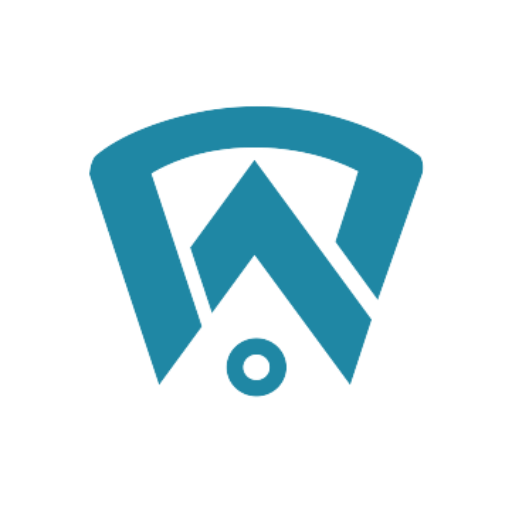7 best programming Languages to Learn in 2024

Embarking on a web development career means navigating a sea of languages, frameworks, and tools, each promising to be the perfect fit for your projects. Choosing the right programming language can be challenging with so many options. This article will explore seven essential languages that form the backbone of web development today. These languages range from the ever-popular JavaScript to the powerful versatility of Python. By understanding their strengths and why they are crucial for web developers, you'll be well-equipped to make informed decisions about where to invest your time and effort. Let's dive into this journey to discover which languages can set you up for success in the competitive world of web development.
1. JavaScript
JavaScript is, without a doubt, the most crucial language in web development today. Whether you’re building interactive front-end interfaces or crafting back-end logic, JavaScript is the language you cannot ignore. It is the driving force behind dynamic websites, enabling developers to create interactive elements like dropdown menus, animated graphics, and real-time updates. JavaScript’s true power lies in its flexibility—it works seamlessly on both the client and server sides, making it a full-stack language when combined with environments like Node.js.
The language boasts a vibrant ecosystem of frameworks and libraries, such as React, Vue, and Angular, each of which simplifies complex web development tasks. These tools allow developers to build responsive, feature-rich applications efficiently. Additionally, JavaScript’s dominance in web development makes it a highly sought-after skill in the job market, as nearly every website today relies on it to some extent. Its continuous evolution and the massive community supporting it make JavaScript a fundamental language to master for any aspiring web developer.
2. Python
Python is known for its clean and readable syntax, making it a favorite for beginners and professionals alike. While Python’s strengths extend beyond web development, it has firmly established itself as a leading language in this domain. Frameworks like Django and Flask make web development intuitive, offering built-in tools and libraries that handle common tasks like database management, user authentication, and URL routing. Python’s straightforward syntax allows developers to focus on solving problems rather than getting bogged down in language-specific quirks.
Beyond traditional web development, Python opens doors to data-driven applications, automation, and scripting, making it an all-encompassing tool for developers. The rise of data science and machine learning has only solidified Python’s relevance, as web developers increasingly need to integrate data analysis capabilities into their applications. For those who want a language that goes beyond web development, Python is a versatile and powerful choice.
3. HTML and CSS
Although not full-fledged programming languages, HTML and CSS are indispensable for any web developer. HTML (HyperText Markup Language) forms the structure of web pages, defining elements like headings, paragraphs, images, and links. It’s the skeleton that supports all content on the web, and understanding its intricacies allows developers to create well-structured, accessible, and search engine-friendly websites. Every web developer, regardless of their specialty, must be proficient in HTML to construct the foundational layout of any website.
CSS (Cascading Style Sheets) complements HTML by handling the visual presentation of web pages. With CSS, developers control aspects like colors, fonts, layouts, and animations, transforming raw HTML into a visually appealing interface. CSS is responsible for ensuring websites are not only functional but also engaging and responsive across different devices. Mastering CSS allows developers to craft websites that are both user-friendly and aesthetically pleasing, which is crucial in today’s competitive digital space.
4. PHP
PHP has been a cornerstone of web development for decades, powering some of the most popular platforms on the internet, including WordPress. It is a server-side scripting language known for creating dynamic, interactive websites with robust back-end functionalities. PHP’s long-standing presence means it has a vast array of resources, libraries, and frameworks that streamline the development process, with Laravel and Symfony being two notable examples. Despite facing criticism over the years, PHP remains a reliable and efficient choice for web developers, especially for content-driven sites and e-commerce platforms.
Its ability to interact seamlessly with databases, manage server-side logic, and handle user interactions makes PHP a powerful language for back-end development. Additionally, its compatibility with almost every hosting provider and its vast community support mean that finding help and resources for PHP development is never a challenge. For those interested in building comprehensive web applications or managing server-side content, PHP offers a stable and proven solution.
5. Java
Java is a programming language synonymous with reliability, scalability, and performance. Often associated with enterprise-level development, Java is a versatile language used for building large-scale web applications that require high performance and robust security. Its platform independence—thanks to the Java Virtual Machine (JVM)—ensures that applications run consistently across different environments. Java’s ecosystem is enriched with powerful frameworks like Spring Boot, which simplifies the development of complex applications and services.
Java’s strong object-oriented foundation makes it a language that emphasizes clean, maintainable code—a critical factor when dealing with large projects that evolve over time. Its comprehensive libraries and mature ecosystem allow developers to build everything from e-commerce platforms to content management systems with ease. If you are looking to enter the enterprise web development arena, mastering Java can provide a significant advantage.
6. Ruby
Ruby is a language known for its elegance and simplicity, and when combined with the Ruby on Rails framework, it becomes a formidable tool for web development. Ruby’s focus on readability and ease of use makes it an excellent choice for beginners, while its powerful capabilities attract seasoned developers. Ruby on Rails, in particular, follows the “convention over configuration” philosophy, allowing developers to work faster by eliminating repetitive tasks and encouraging best practices.
The framework's efficiency makes Ruby on Rails a popular choice for startups and projects that require rapid prototyping and iterative development. Ruby’s strong community and extensive libraries offer support and resources that make web development a more enjoyable experience. For those who value simplicity, speed, and elegance in their code, Ruby offers a language that blends creativity with practicality.
7. TypeScript
TypeScript is a superset of JavaScript that introduces static types to the language, providing a more structured development experience. Its primary goal is to enhance JavaScript by adding type safety, which helps catch errors during the development phase rather than at runtime. This leads to more reliable and maintainable codebases, especially for large-scale projects. TypeScript’s close relationship with JavaScript means that it retains all of JavaScript’s strengths while addressing some of its weaknesses.
The language has gained popularity, especially in enterprise environments, where the added clarity and structure improve team collaboration and project scalability. Major frameworks like Angular have fully embraced TypeScript, making it a valuable addition to any web developer’s skill set. For those who are comfortable with JavaScript but seek more robust tools to manage complex code, TypeScript is a natural progression.
Conclusion
Choosing Your Path in Web Development Mastering these seven languages opens up a world of opportunities in web development. Each language has unique strengths that cater to different aspects of the web, from front-end styling to back-end server logic. Understanding these languages not only provides a solid foundation but also allows you to adapt as the industry evolves. JavaScript, with its unmatched versatility, remains the core language for modern web development, while Python’s simplicity and power offer diverse applications. HTML and CSS continue to be the backbone of web design, shaping every website’s structure and style. PHP, Java, Ruby, and TypeScript each bring their own flavor to web development, catering to a wide range of needs and project requirements.
The key to thriving in web development is continuous learning and experimentation. As new languages and frameworks emerge, staying curious and adaptable will help you remain relevant in a fast-paced industry. Choose a language that aligns with your interests and goals, and remember that mastering one can often make learning others easier. Embrace the journey of becoming a skilled web developer—each line of code brings you closer to creating impactful, innovative digital experiences.
Want to Build Something Amazing?
We prioritize your business success and we deliver faster. Our services are custom and build for scale.
Start nowMore Articles

Object-Oriented Programming (OOP) Meaning, Principles, Benefits.
1 week, 1 day ago · 7 min read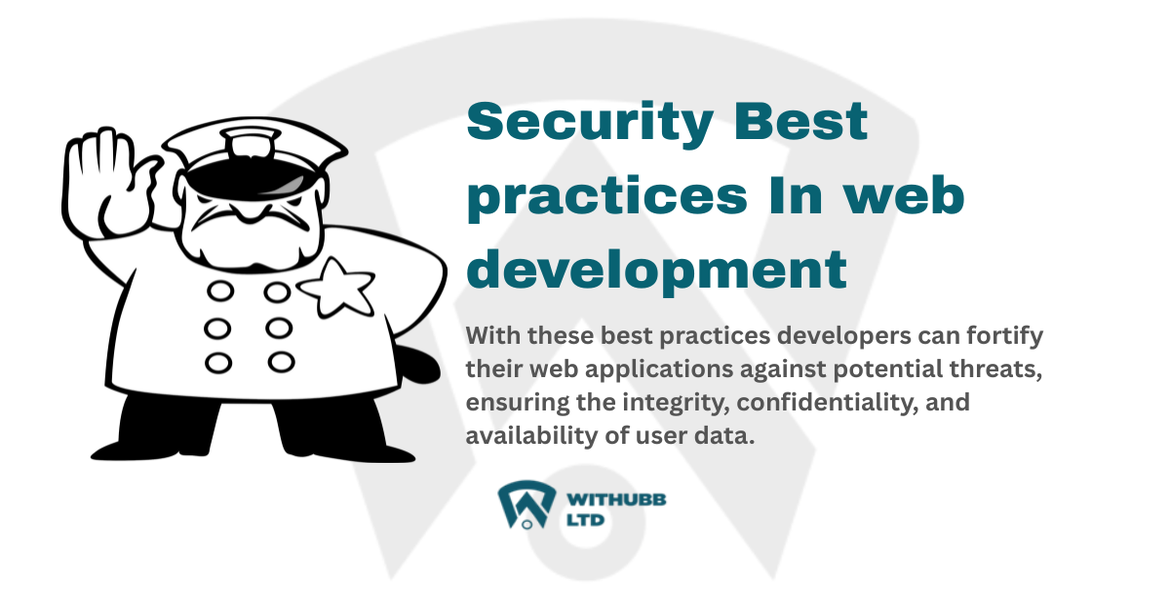
Security Best practices In web development
3 weeks, 2 days ago · 9 min read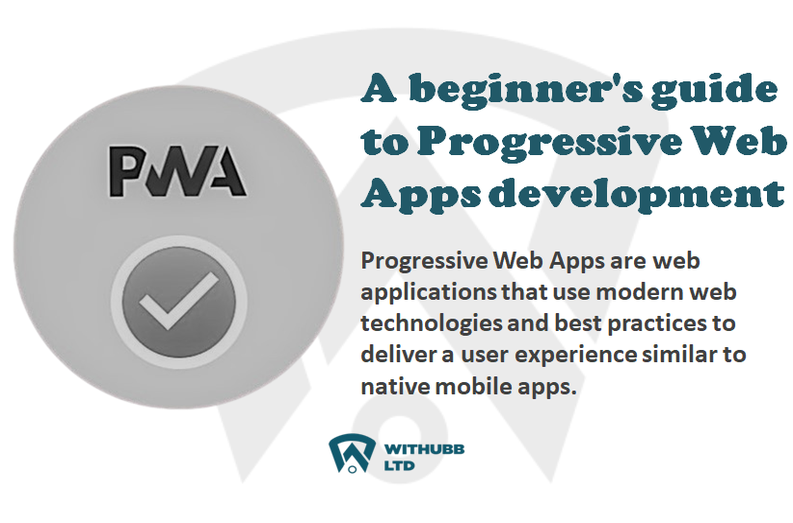
A beginner's guide to Progressive Web Apps development (PWA)
3 weeks, 2 days ago · 5 min read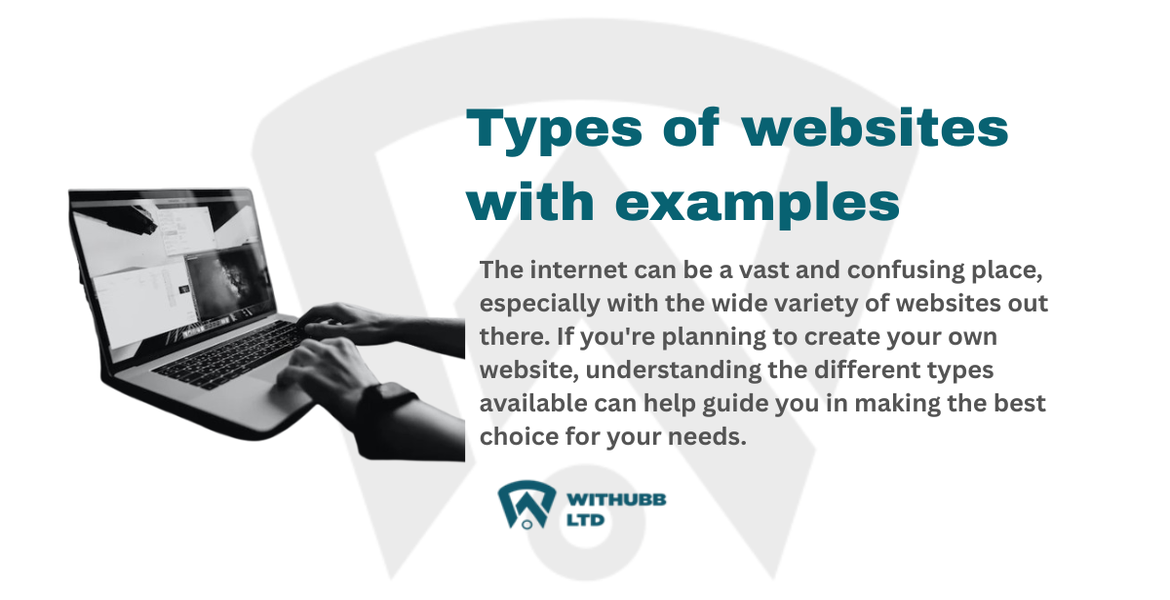
Types of websites with examples
3 weeks, 2 days ago · 10 min read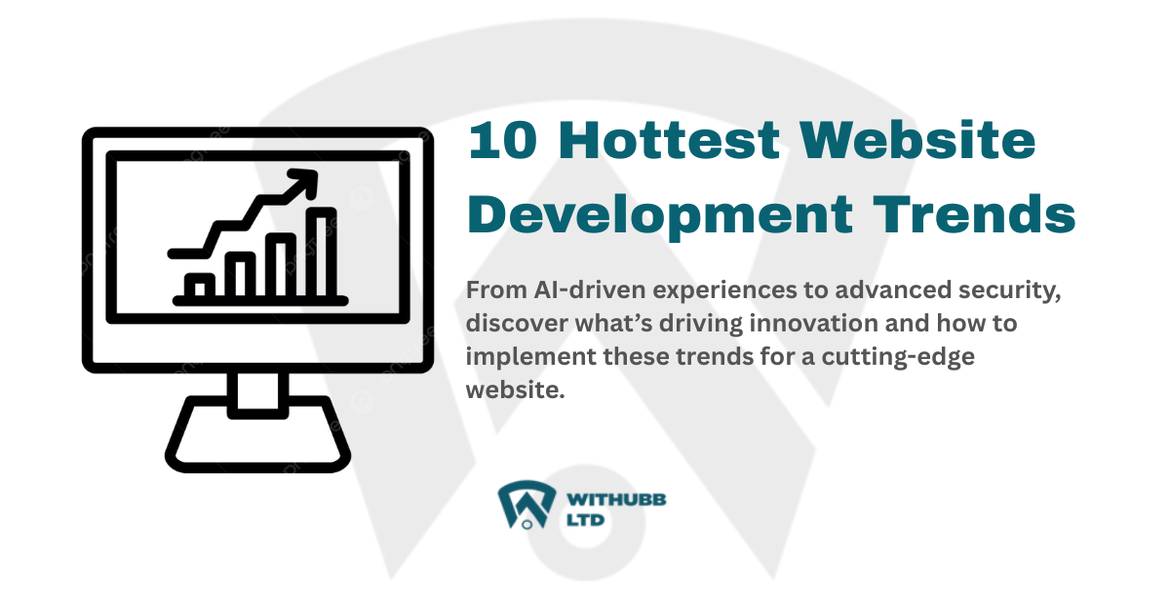
10 Hottest Website Development Trends You Can’t Ignore in 2025
3 weeks, 2 days ago · 10 min read
How to Set Up Django with PostgreSQL, Nginx, and Gunicorn on Ubuntu VPS Server
4 weeks ago · 12 min read
Best Domain Extension Guide: .com vs .net vs .org vs .ng (2025)
4 weeks ago · 6 min read
Top Web Design Tools for Professionals in 2025: Best UI/UX & Development Software
4 weeks ago · 6 min read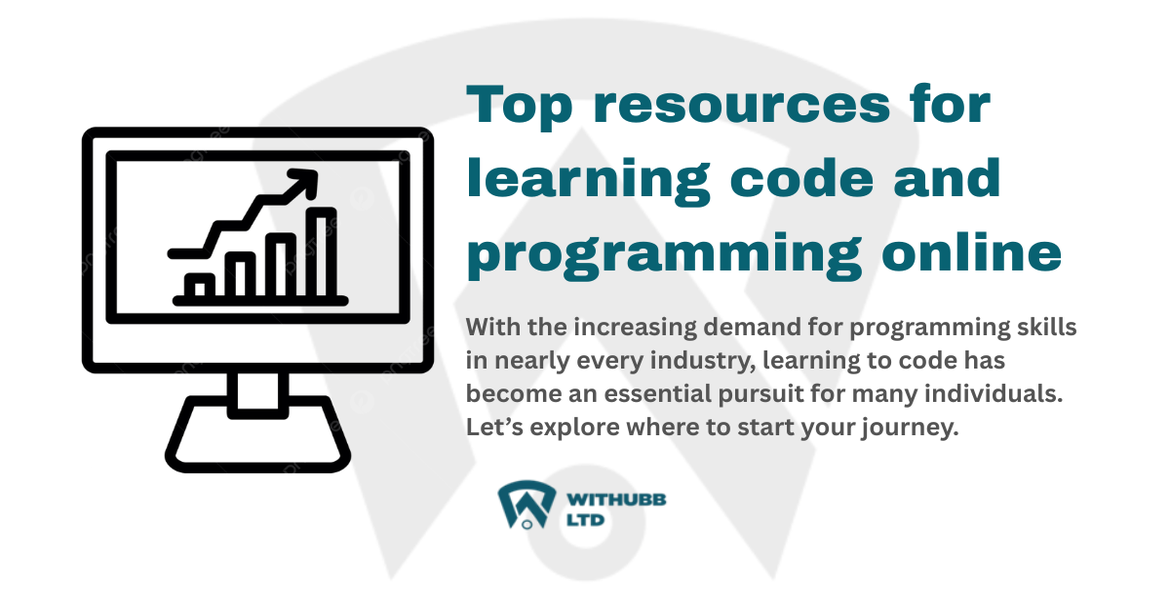
Top 20 resources for learning code and programming online in 2025
4 weeks ago · 7 min read
A comprehensive guide to database backup and recovery (Tips, Strategies, Common mistakes)
1 month ago · 12 min read
x
